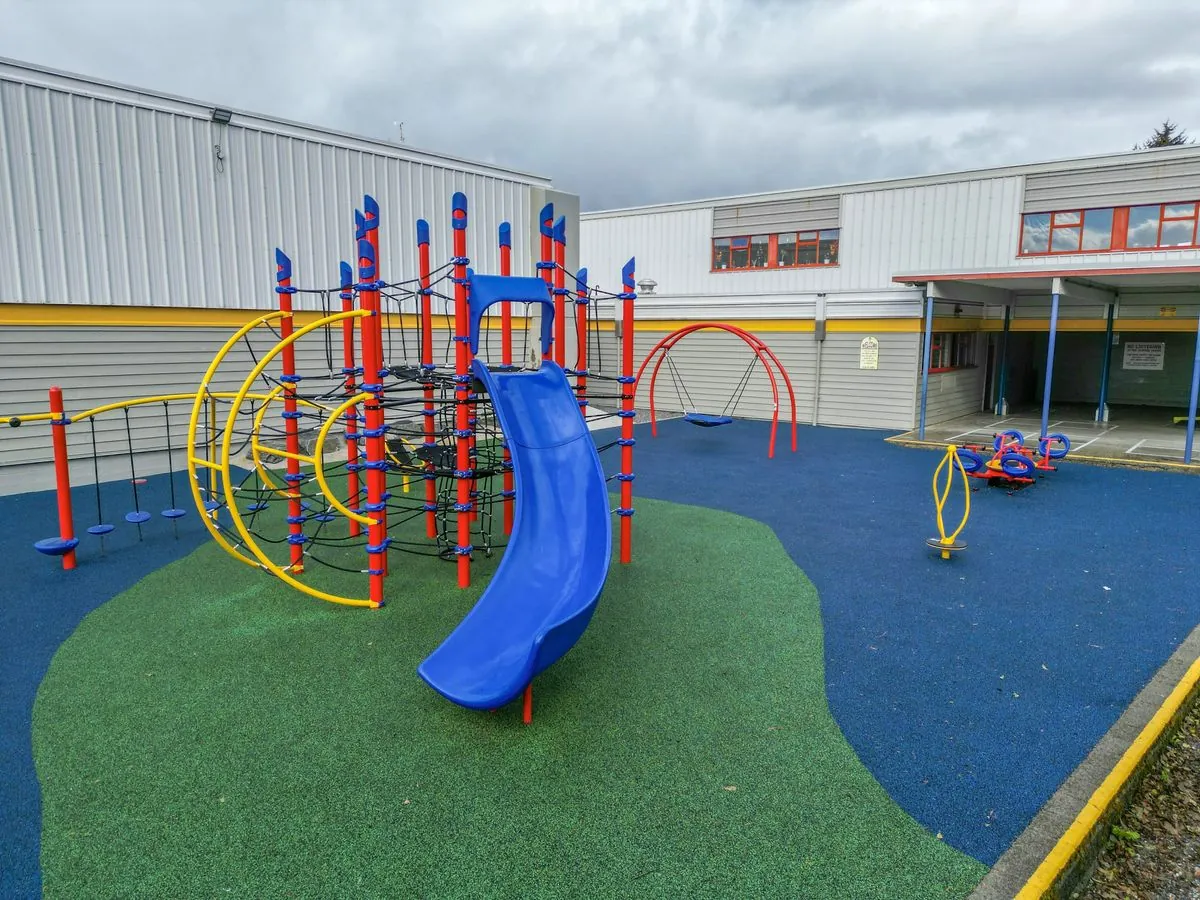In Southeast Washington, the J.C. Nalle Elementary School community finds itself embroiled in a contentious debate over the planned use of its cherished field. The school, serving approximately 300 students, is slated for much-needed renovations to address aging infrastructure issues. However, the proposed solution has sparked significant controversy.
The renovation plan involves utilizing the school's expansive grassy field, spanning an area larger than a football field, to house temporary classrooms known as a "swing space." This arrangement is expected to last for at least five years, beginning in the 2025-2026 school year. The field, a vital resource for both the school and the surrounding community, hosts various activities including recess, sports, and the annual Marshall Heights Day.
Community members express deep concern over the loss of this valuable outdoor space. Janice Parker, a long-time resident and school speech language pathologist, voiced her dismay:
"The only green space or area for children to get out and run around and play and to have sports is that green space at Nalle."
The situation has raised questions about equity and community engagement. Many families and teachers report feeling blindsided by the decision, claiming they were not adequately consulted. This lack of communication has drawn criticism from city leaders, including D.C. Council Chairman Phil Mendelson, who called the situation "unacceptable" in a letter dated June 13, 2024.
D.C. Public Schools officials, led by Chancellor Lewis D. Ferebee, have since apologized for the communication breakdown and pledged to rebuild trust with the community. They maintain that the field remains the most viable option after exploring 16 alternative sites, including the former Fletcher-Johnson Recreation Center and Winston Education Campus.
The district is now investigating ways to provide alternative play areas for students, such as preserving portions of the blacktop and converting other grassy spots around the school. However, skepticism persists among community members who fear the loss of their "safe haven" in a neighborhood already lacking in green spaces.
As the September 2024 deadline for potential construction looms, the Nalle community continues to advocate for their field. The ongoing struggle highlights the challenges of balancing urban development with community needs, particularly in areas like Ward 7 where green spaces are already scarce.
This situation at J.C. Nalle Elementary serves as a microcosm of broader issues facing urban school districts, where the need for facility improvements often conflicts with the preservation of valuable community spaces. As the debate continues, it remains to be seen how the district will address these competing priorities and maintain trust with the communities they serve.
